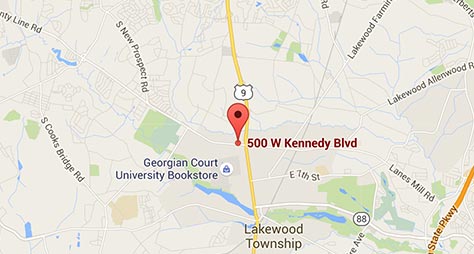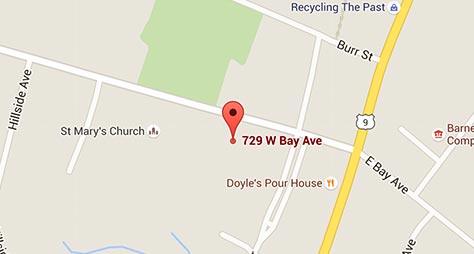The increasing adoption of wireless technologies has changed the ways in which many of us work, play and stay in touch with loved ones. Safety experts hope that the use of these technologies will also reduce the incidence of car accidents and make everyone safer on the road.
Recently, engineers at Honda demonstrated a wireless system in Detroit that would allow cars to communicate not only with each other, but also with road signs, stop lights and even pedestrians' cell phones. The system relies on a particular chip that relays its location to other devices around it. Software determines whether two objects - such as two cars, a car and a motorcycle or a car and a street sign - are on a collision course. If the system determines that a collision is imminent, it will signal an alert to the driver. If the driver fails to act, the system can even assume driving duties and take action to avoid an accident.
One benefit to the system proposed by Honda is that its chips are small enough to be placed in devices such as cell phones, which engineers hope will reduce the number of serious pedestrian accidents. One particular advantage is that the system will detect pedestrians who are not visible to drivers, as is often the case when people are attempting to cross the street in urban areas where there are many cars and trucks parked on the side of the roadway.
It is difficult to know when these sorts of systems are likely to be included as standard equipment in new cars, but it may be sooner than some think. According to Honda engineers, its proposed system could be ready for large scale manufacture and release by the end of the decade.
Although there are some technical hurdles to overcome, it is clear that federal regulators would like to see these technologies rolled out as soon as possible. Indeed, the National Highway Traffic Safety Administration recently announced its support for the continued development of wireless automotive technologies. The NHTSA is currently working with researchers at the University of Michigan in Ann Arbor to test systems similar to that introduced by Honda in real world situations.
The past years have seen a number of innovations in automotive safety technology. Whether wireless systems such as these will one day prove to be essential to preventing accidents remains unclear, but safety experts are optimistic.



